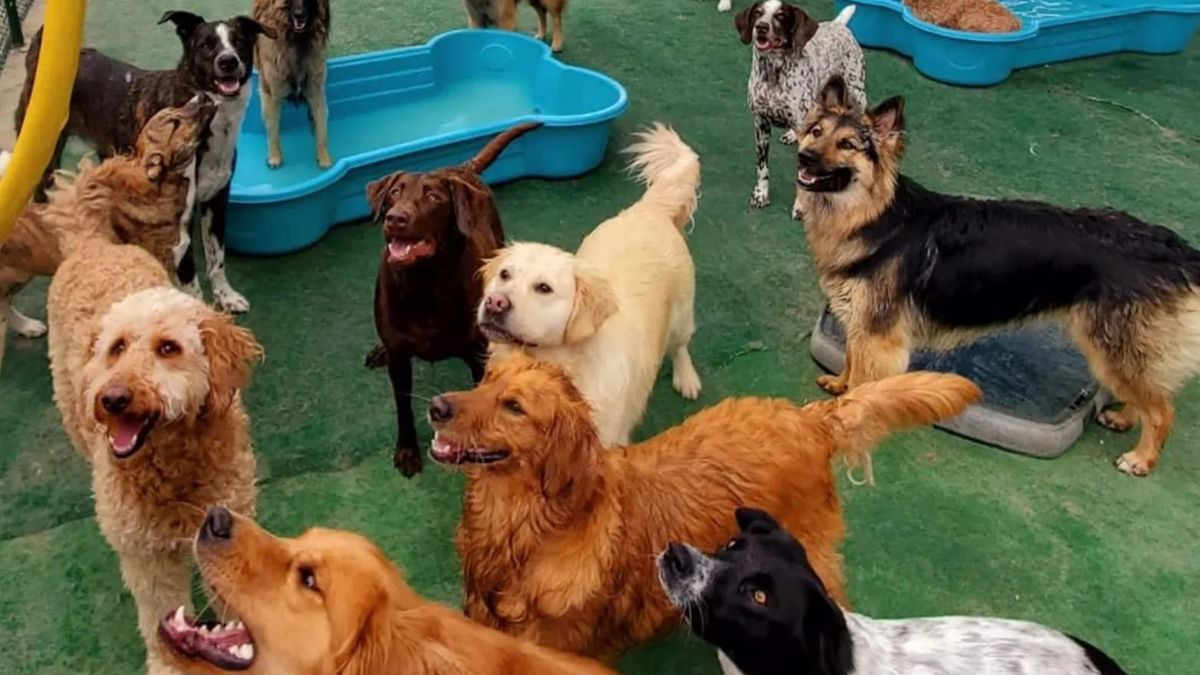Socialization plays a crucial role in shaping your dog’s behavior and temperament, helping them become well-adjusted and confident companions. Exposing your dog to different people, animals, and environments from a young age promotes positive interactions and reduces the likelihood of fear or aggression later in life. Here’s why socialization is essential and how you can help your dog thrive in various environments.
- Early Development: The critical socialization period for puppies occurs between 3 and 14 weeks of age. During this time, puppies are most receptive to new experiences and impressions. Introducing them to a variety of sights, sounds, smells, and sensations helps them develop into adaptable and resilient adults.
- Positive Associations: Socialization should be a positive and rewarding experience for your dog. Use treats, praise, and toys to reinforce desirable behaviors and create positive associations with new people, animals, and environments. Avoid forcing interactions or overwhelming your dog, as this can lead to fear or anxiety.
- Variety of Experiences: Expose your dog to a wide range of stimuli to build their confidence and resilience. Take them for walks in different neighborhoods, visit parks, beaches, pet-friendly stores, and attend obedience classes or puppy playgroups. Encourage positive interactions with people of all ages and other dogs of various sizes and breeds.
- Desensitization: Gradually expose your dog to potentially frightening or overwhelming stimuli in a controlled and positive manner. For example, if your dog is afraid of loud noises, such as thunder or fireworks, introduce them to recordings of these sounds at a low volume while offering treats and comfort. Gradually increase the volume over time as your dog becomes more comfortable.
- Ongoing Socialization: Socialization is an ongoing process that continues throughout your dog’s life. Continue to expose them to new experiences and environments regularly, even as adults, to prevent regression and maintain their social skills. Enroll in training classes, participate in dog sports or activities, and take your dog on outings whenever possible.
- Supervised Interactions: Always supervise your dog’s interactions with unfamiliar people and animals to ensure their safety and prevent negative experiences. Watch for signs of stress or discomfort, such as excessive panting, trembling, or avoidance behaviors, and intervene if necessary to remove them from the situation.
- Consistency and Patience: Be patient and consistent in your approach to socialization, understanding that each dog progresses at their own pace. Respect your dog’s individual temperament and comfort level, and avoid pushing them beyond their limits. Celebrate their progress and achievements, no matter how small.
By prioritizing socialization and providing positive experiences in a variety of environments, you’ll help your dog develop into a well-rounded and confident companion. Investing time and effort in socialization from an early age sets the foundation for a lifetime of happy and enriching experiences together.


